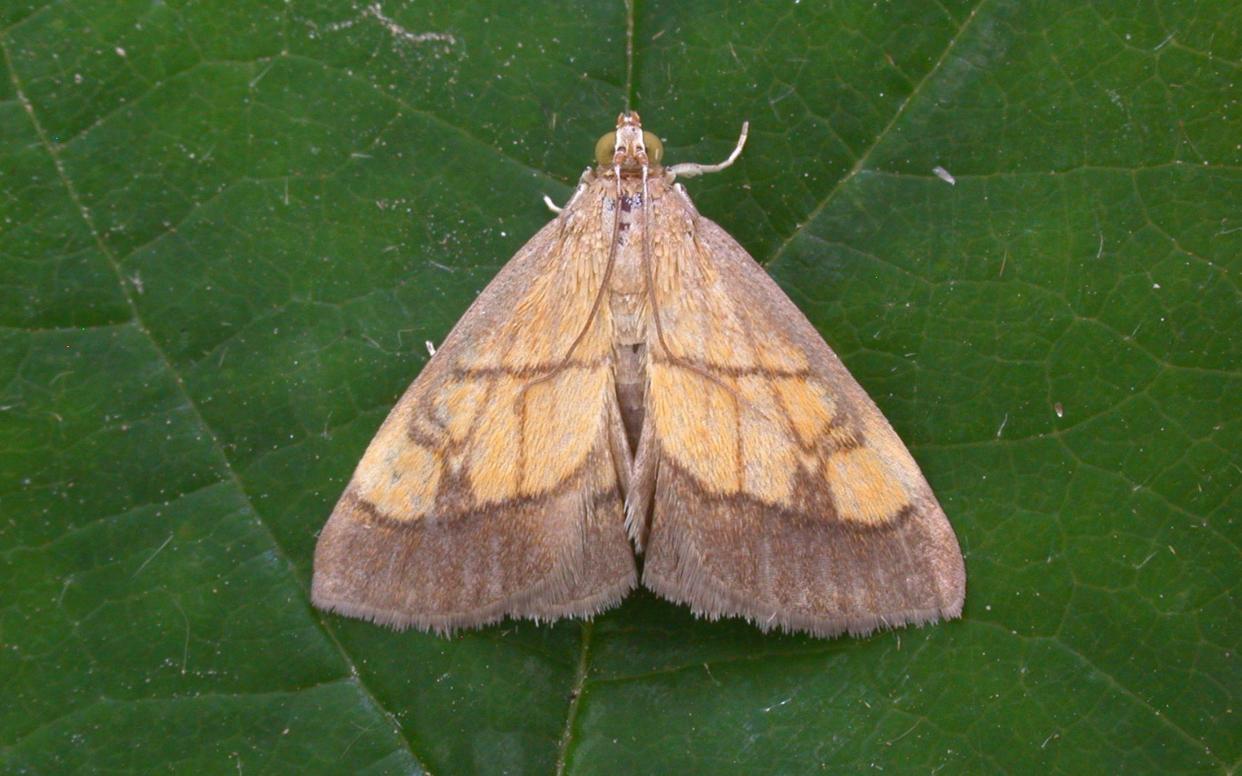Street lamps should be turned off at night to allow moths to pollinate, say scientists

Street Lights should be switched off after midnight to help moths pollinate, scientists have said.
A study, led by experts from Newcastle and York universities, has shown that turning off the lights even for just part of the night is effective at restoring the natural behaviour of moths. Moths are thought to supplement the work of bees and other pollinating insects in helping to spread food crops such as peas, soybean and oilseed rape.
But artificial lighting at night disrupts nocturnal pollination by attracting moths upwards, away from the fields and hedgerows so they spend less time feeding and therefore pollinating.
Dr Darren Evans, Reader in Ecology and Conservation at Newcastle University, said: “We know that light pollution significantly alters moth activity and this in turn is disrupting their role as pollinators.
“But what our study showed was that while full-night lighting caused significant ecological disruption, part-night lighting did not appear to have any strong effect on pollination success or quality.”
In the last decade, many local authorities have changed their street lighting regime in a bid to cut costs and save energy.
This includes switching off or dimming the lights at certain times of the night as well as replacing the traditional high-pressure sodium (HPS) bulbs with energy-efficient light-emitting diodes (LEDs).
In the study, the team analysed the impact of a range of scenarios on the pollination of moth-pollinated flowers placed underneath street lights.
These included both types of lighting (HPS and LED), run either all night or switched off at midnight. Results were compared to pollination under natural darkness.
They found that regardless of the type of light, full-night light caused the greatest ecological disruption, causing pollation to drop from 50 per cent to around 30 per cent.
There was no difference between LED and HPS bulbs in the part-night scenarios and in both cases, the disruption to the plants’ pollination was minimal compared to full darkness.
Lead author Dr Callum Macgregor, a Postdoctoral Research Associate from the University of York, said: “Often, as conservationists, we have to make difficult trade-offs between development and environmental protection.
“However, our study suggests that turning off street lights in the middle of the night is a win-win scenario, saving energy and money for local authorities whilst simultaneously helping our nocturnal wildlife.”

 Yahoo News
Yahoo News 
